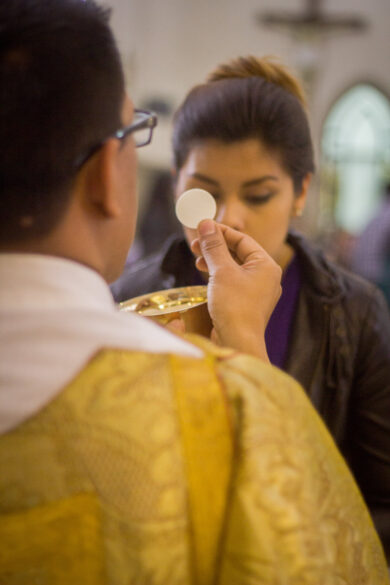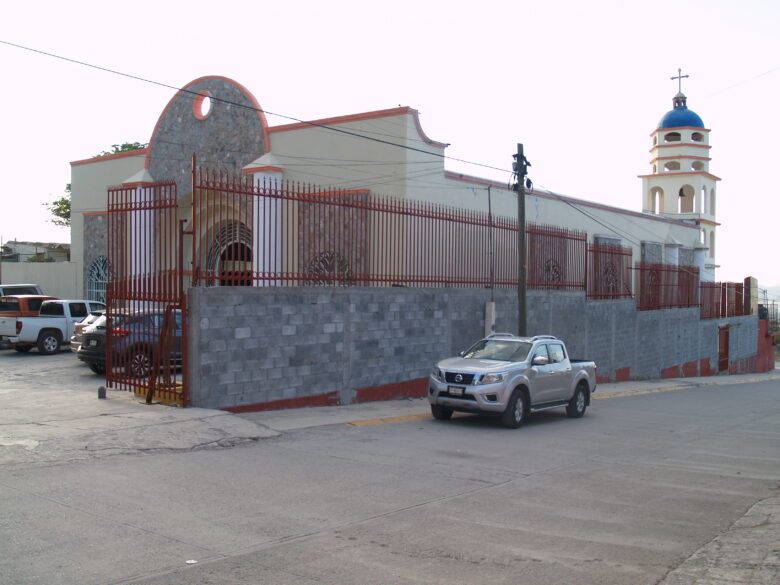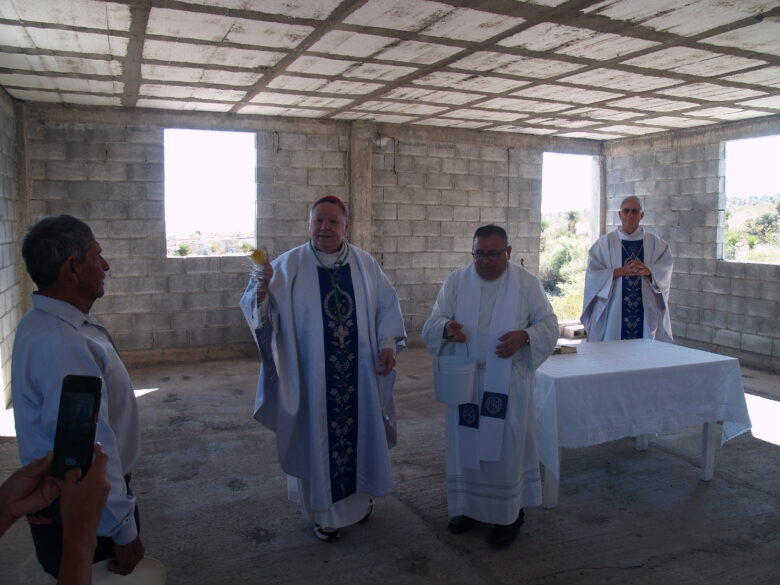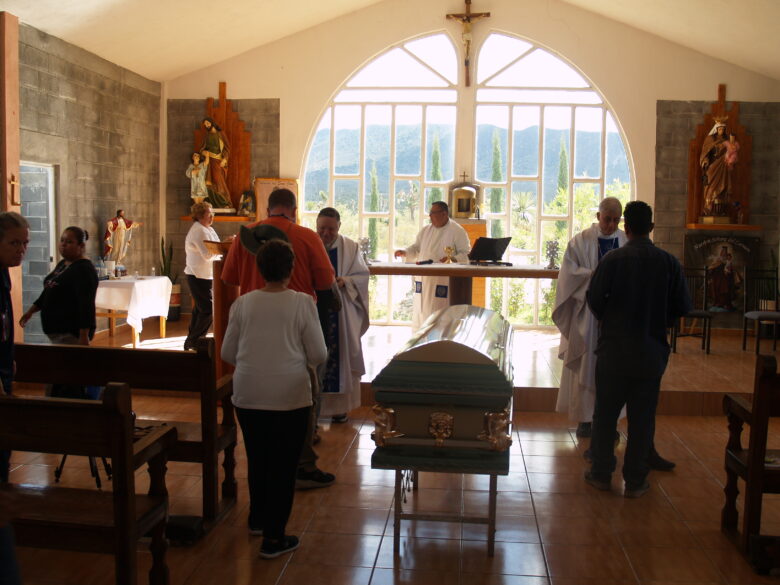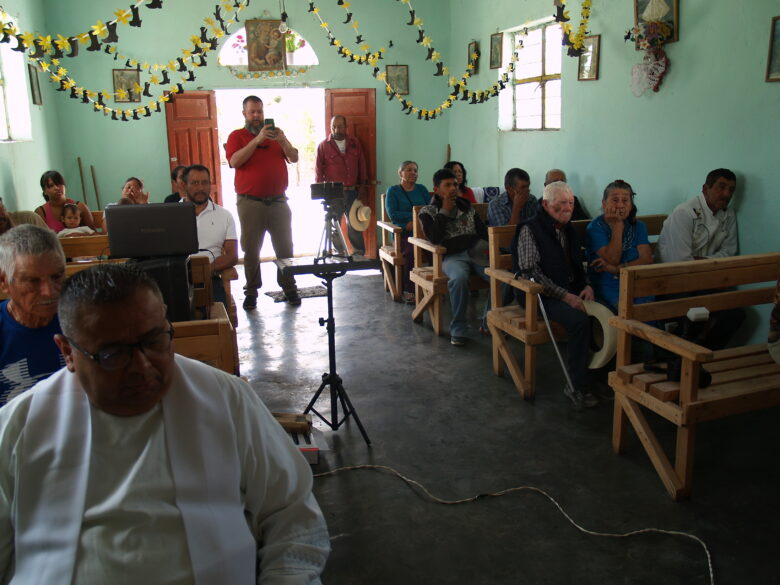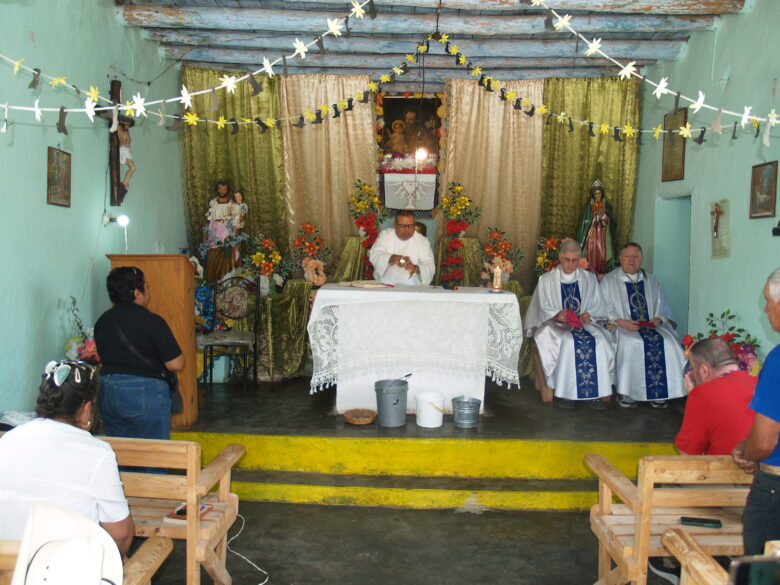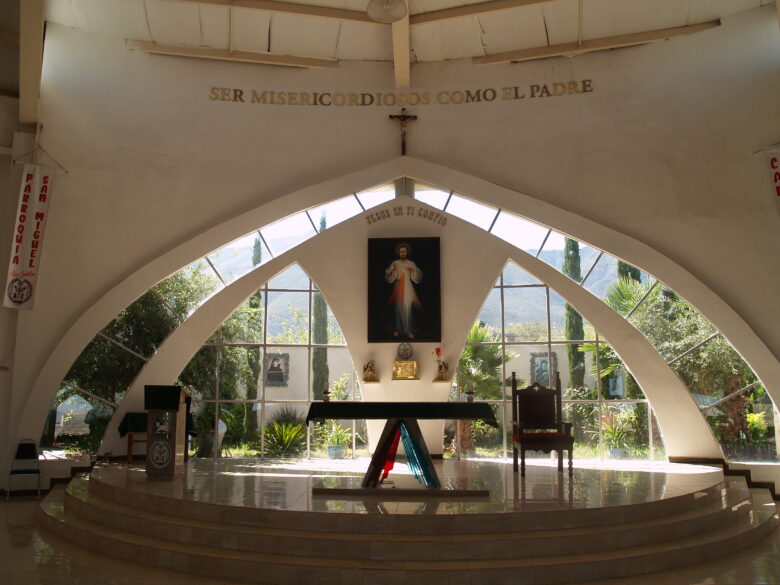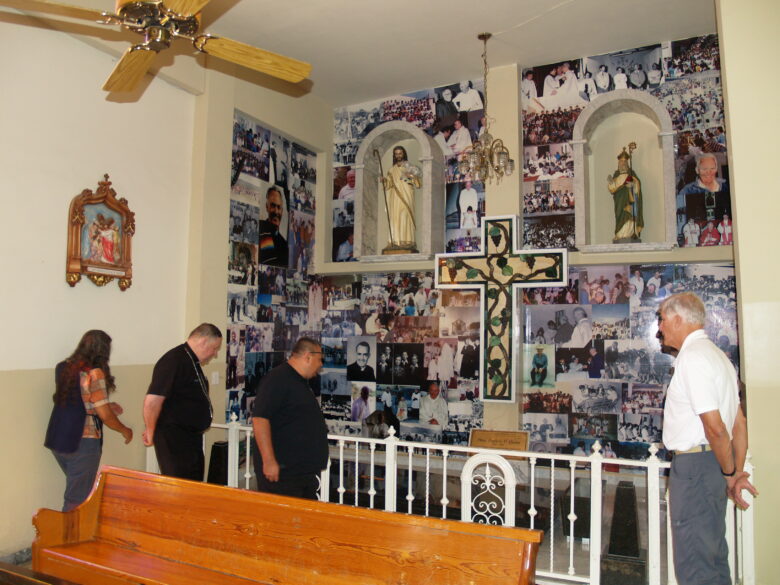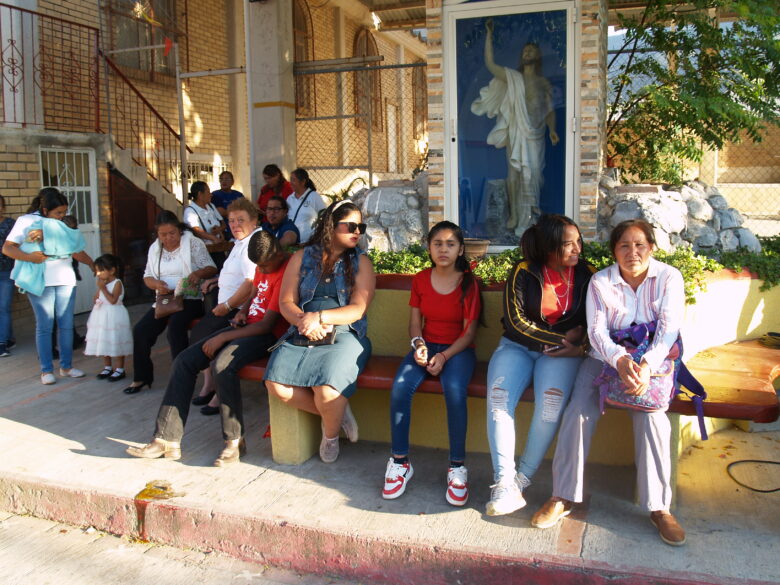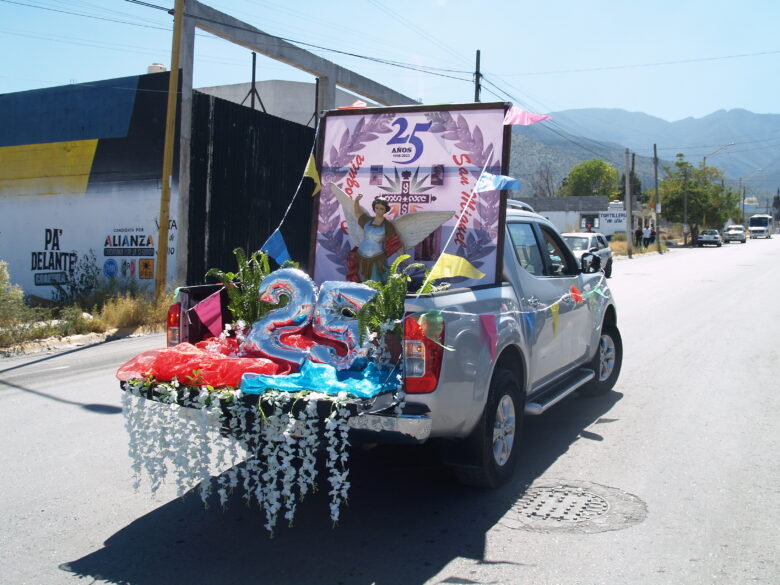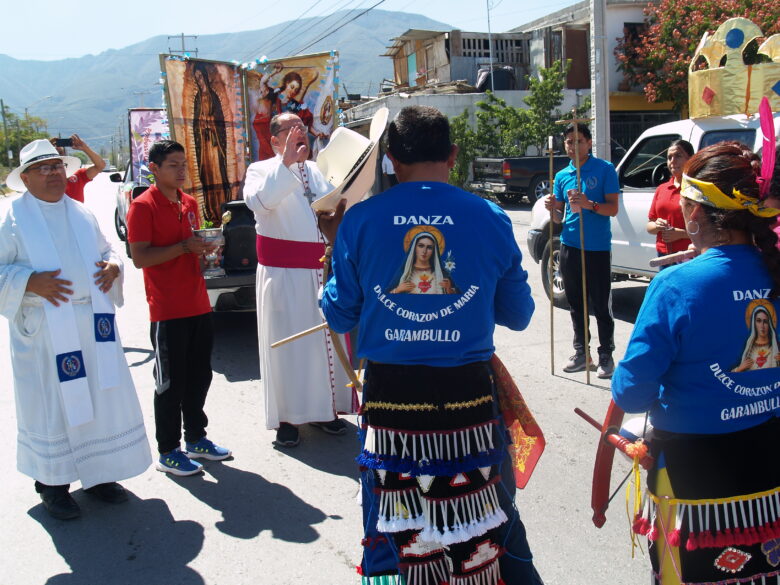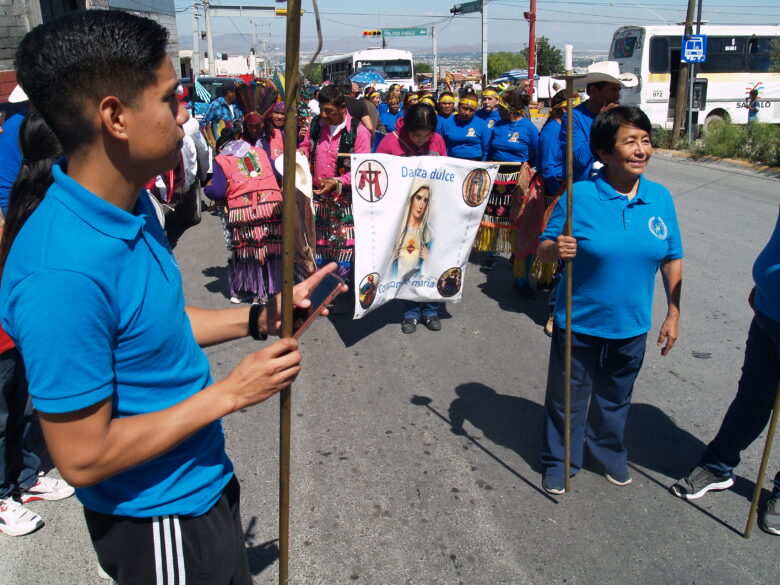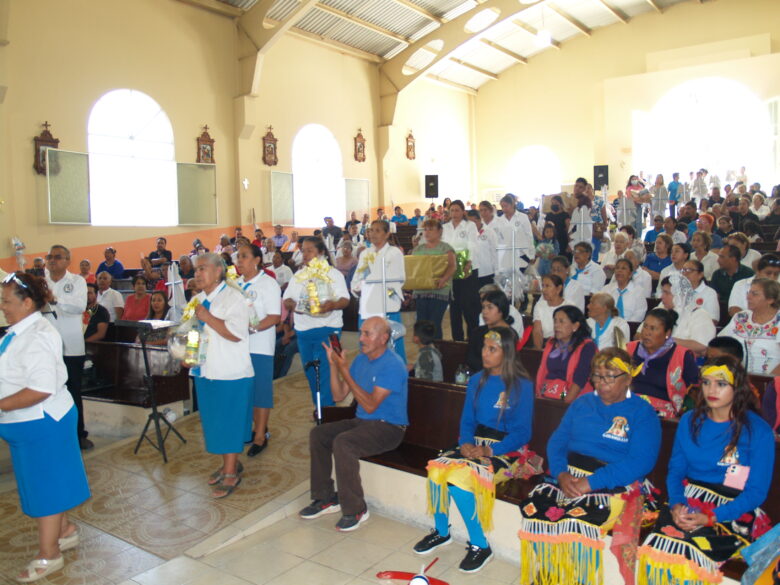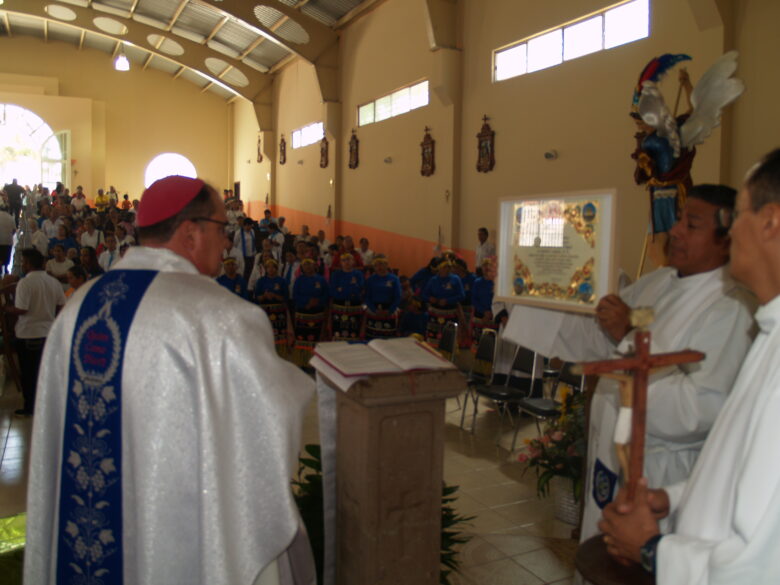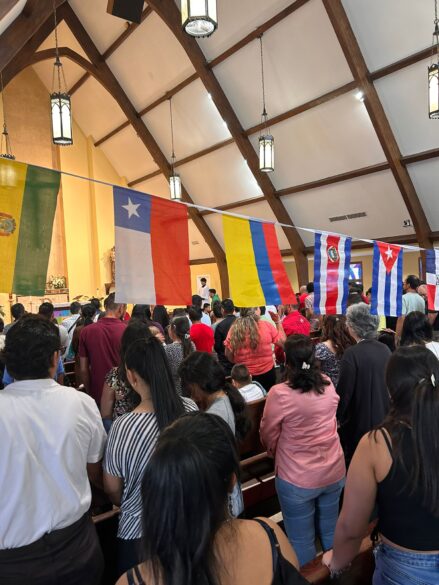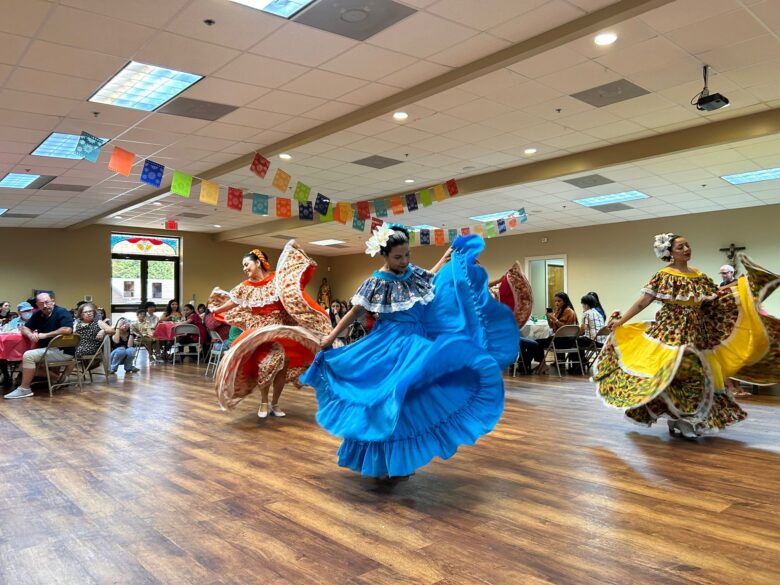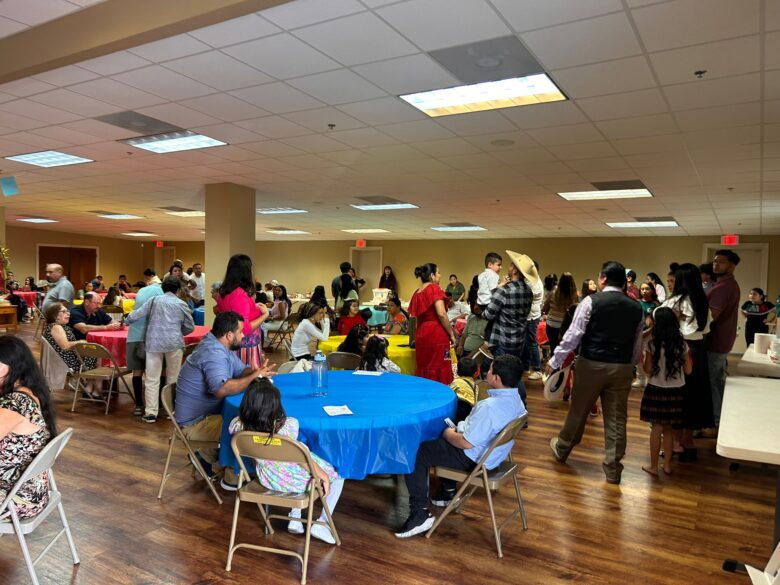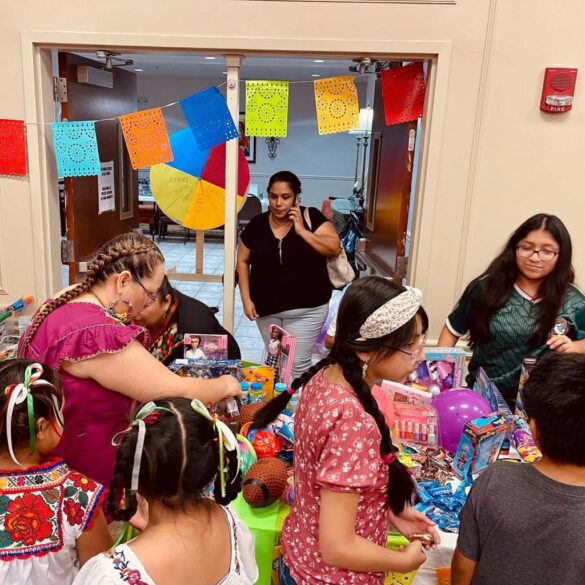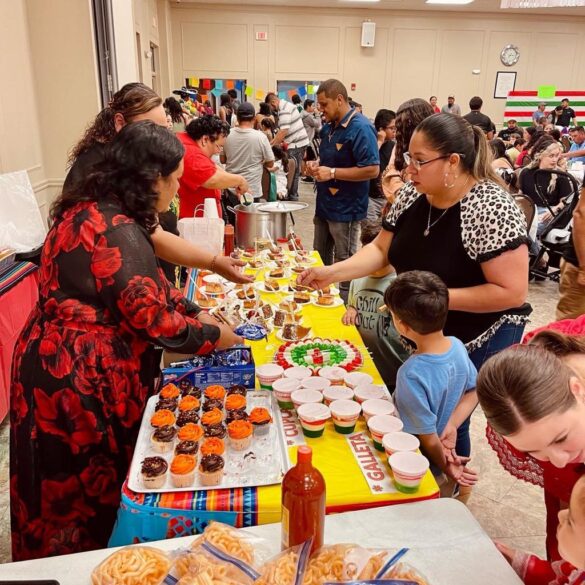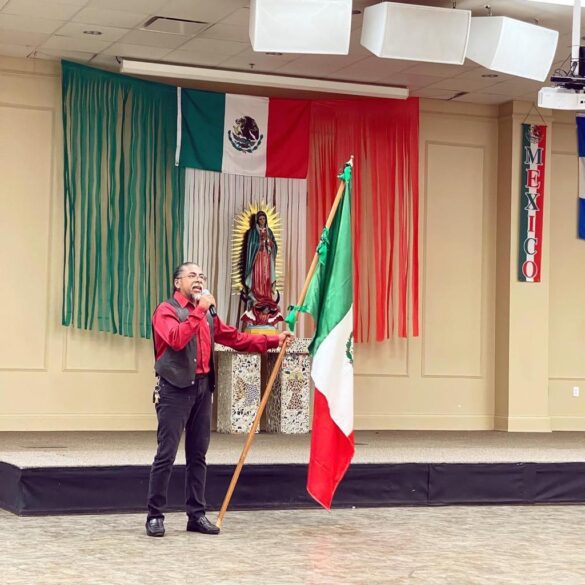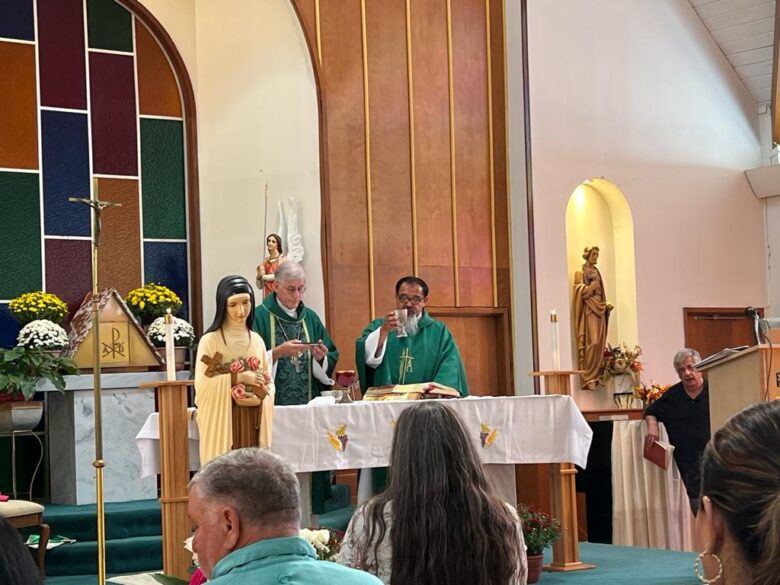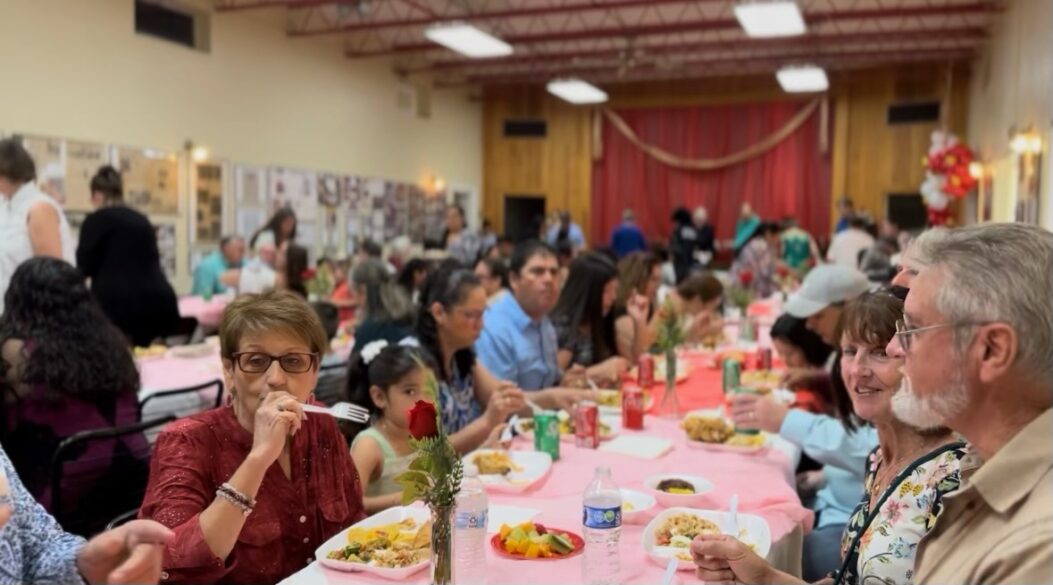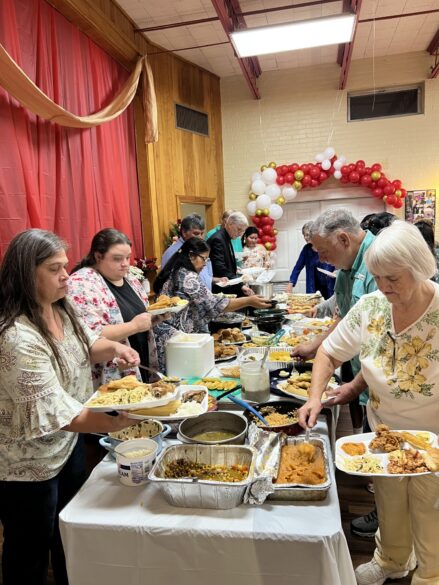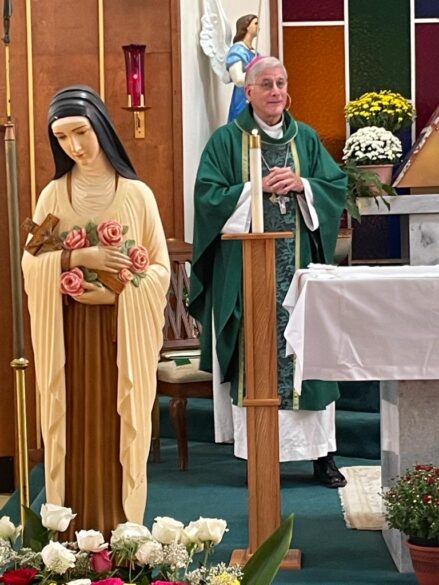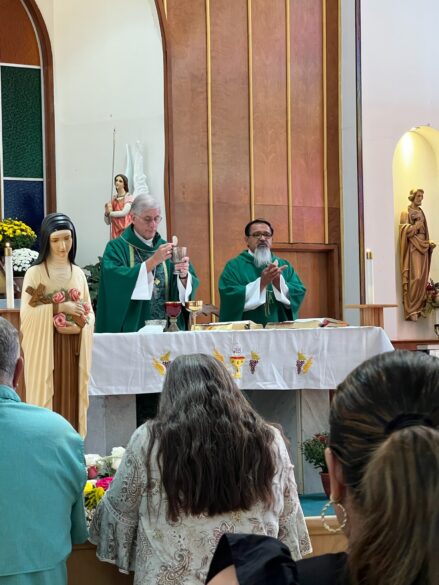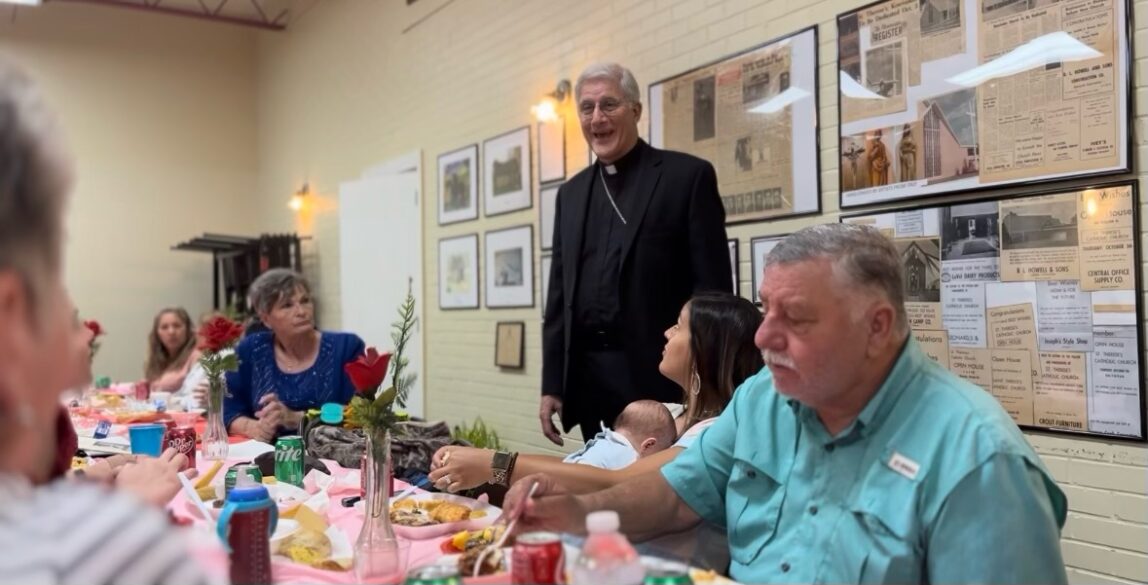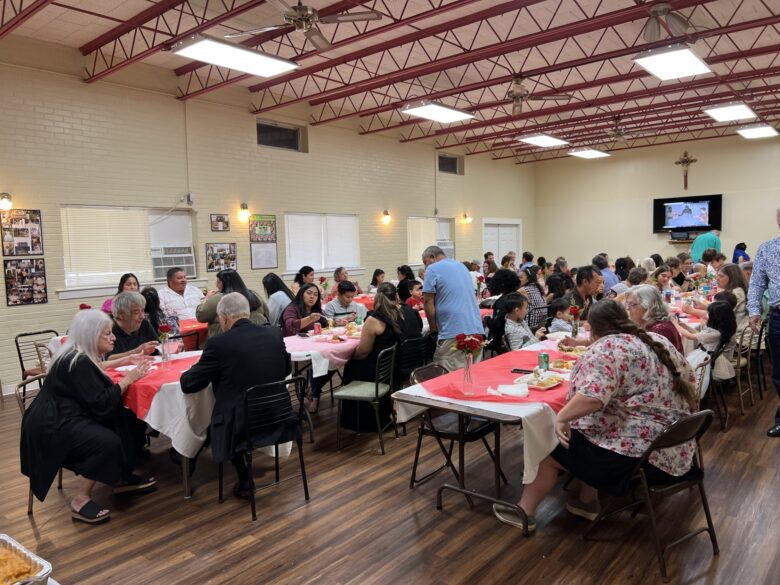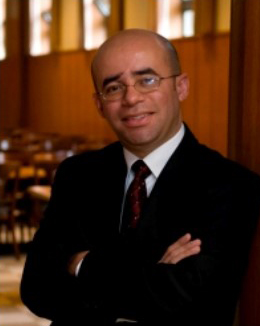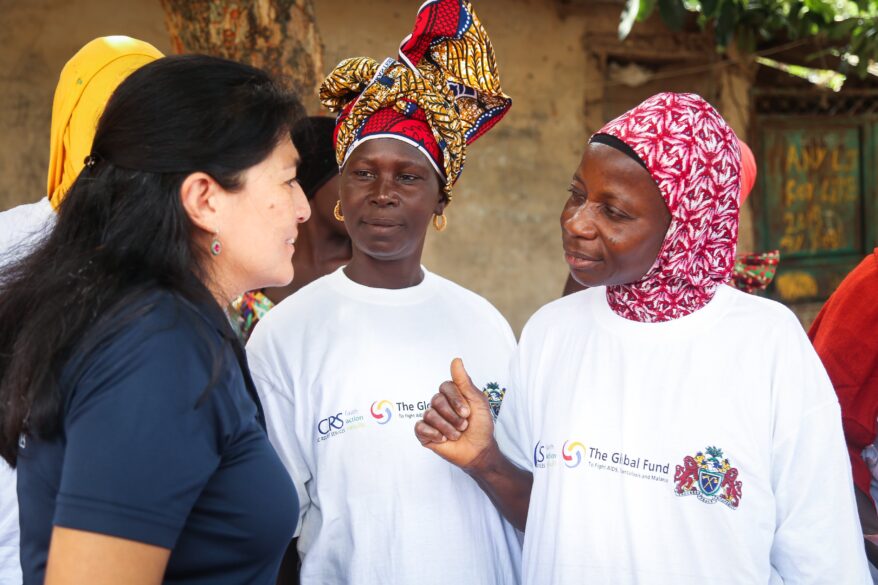Por Obispo Joseph R. Kopacz, D.D.
La tercera fase del Sínodo sobre la Sinodalidad comenzó en Roma el 6 de octubre y sesionará durante la mayor parte de este mes. En resumen, recordemos que la Iglesia Católica en todo el mundo llevó a cabo una amplia gama de procesos a partir de finales de 2021 que invitaron a los laicos, consagrados y ordenados a participar activamente en el camino sinodal descrito como de comunión, participación y misión. Esa fue la primera fase a nivel local de cada (Arqui)diócesis.

Durante la segunda etapa, un comité de delegados de cada región continental supervisó el desarrollo de las síntesis diocesanas en los documentos continentales, de los cuales hay siete. Estos representan las voces de los fieles de Estados Unidos/Canadá, América Latina, Europa, Medio Oriente, África, Asia y Oceanía. El buen fruto del Espíritu Santo de las dos primeras etapas de la empresa mundial guía ahora a los delegados en Roma como una hoja de ruta para la discusión, el diálogo y el discernimiento. A partir de las siete síntesis continentales se elabora el documento de trabajo conocido como Instrumentum Laboris. Esto está repleto de teología de la sinodalidad y del proceso que se llevará a cabo en la tercera etapa durante tres semanas, en este mes en Roma.
Es natural preguntar acerca de los participantes en Roma que están dedicando tres semanas de sus vidas a la tercera fase del proceso del Sínodo y que tendrán una voz extraordinaria en este momento de la historia de la iglesia. En un espíritu de transparencia, el Vaticano publicó el 21 de septiembre la lista final de nombres de quienes participarán en la próxima asamblea del Sínodo, incluidos los laicos que serán delegados con derecho a voto en un sínodo de la Iglesia Católica por primera vez. Los delegados están compuestos por representantes seleccionados por las conferencias episcopales y las Iglesias católicas orientales, líderes de la Curia Romana y 120 delegados seleccionados personalmente por el Papa Francisco. (Ver https://bit.ly/SynodParticipantList2023) En total, 363 personas de todo el mundo podrán votar en la XVI Asamblea General Ordinaria del Sínodo de los Obispos, según las estadísticas publicadas por la Oficina de Prensa de la Santa Sede en julio 7. Entre ellos, 54 de los delegados votantes son mujeres. Además de los miembros votantes, otros 75 participantes han sido invitados a la asamblea sinodal para actuar como facilitadores, expertos o asistentes espirituales. (Comunicado del Servicio Católico de Noticias)
El Instrumentum Laboris describe todo lo que el Espíritu Santo ha logrado durante las dos primeras etapas y dice lo siguiente. La primera fase nos permite comprender la importancia de tomar a la iglesia local como punto de referencia privilegiado, como lugar teológico donde los bautizados experimentan en términos prácticos “caminar juntos”. En primer lugar, hemos experimentado la alegría que se expresa en el encuentro sincero y respetuoso entre hermanos y hermanas en la fe: encontrarse es encontrarse con el Señor que está entre nosotros. El escenario continental ha permitido identificar y compartir las situaciones particulares que vive la iglesia en diferentes regiones del mundo. Las dificultades diarias de la pobreza, la violencia, la guerra y los trastornos climáticos quedaron a la vista de muchos de nuestros hermanos y hermanas en todo el mundo, especialmente en Medio Oriente y África.
Como se señaló, el tema o visión del Sínodo es Participación y Misión en la Comunión. Esta comprensión de la iglesia está entrelazada en la dirección que hemos tomado en nuestro proceso pastoral de reimaginación de la iglesia como Una, Santa, Católica y Apostólica. No hay duda de que uno tiene que ser paciente con el proceso de escuchar y discernir dentro de la iglesia mundial de más de mil millones de miembros.
A veces hay más preguntas que respuestas, pero como afirma el Instrumentum Laboris, una iglesia sinodal es abierta, acogedora y abraza a todos, y la característica de una iglesia sinodal es la capacidad de gestionar las tensiones sin ser aplastada. Al mismo tiempo, una iglesia sinodal afronta con honestidad y sin miedo el llamado a una comprensión más profunda de la relación entre amor y verdad, según la invitación de San Pablo. “Más bien, profesando la verdad en el amor, debemos crecer en todo hacia Cristo, que es la cabeza del cuerpo. Y por Cristo el cuerpo entero se ajusta y se liga bien mediante la unión entre sí de todas sus partes; y cuando cada parte funciona bien, todo va creciendo y edificándose en amor.” (Ef 4:15-16) Para incluir auténticamente a todos, es necesario entrar en el misterio de Cristo dejándose formar y transformar por el modo en que vivió la relación entre verdad y amor.
La imagen de la Cruz viene a la mente cuando se busca un enfoque más claro y una comprensión más profunda del proceso del Sínodo. El rayo vertical de la Cruz nos lleva a las bóvedas del cielo donde Dios ha revelado el plan de salvación en la muerte y resurrección del Señor y donde trasciende toda la naturaleza transitoria de la vida. Esto es lo que proclamamos y enseñamos. La viga horizontal de la Cruz representa la vida cotidiana del creyente en cada época, y la inmanencia de Dios en Jesucristo que está con nosotros hasta el fin de los tiempos.
Este es el ámbito del Espíritu Santo que obra para realizar el Reino de Dios en la iglesia y en el mundo. Este es el arduo trabajo del Sínodo que requiere paciencia y confianza a medida que avanzamos sobre casi 2000 años de historia de la iglesia.

